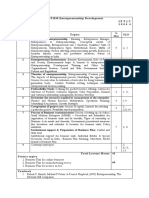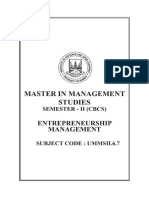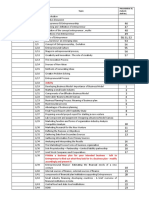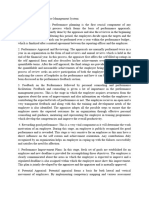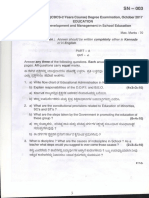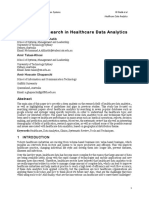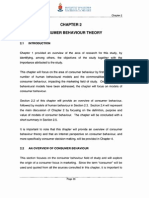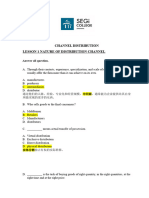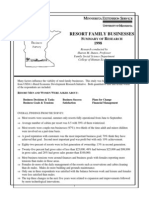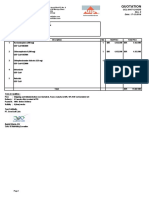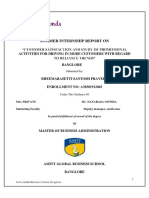0% found this document useful (0 votes)
122 views3 pagesRajiv Gandhi Institute of Technology, Bangalore: Department of Master of Business Administration Lesson Plan
Uploaded by
Anonymous uxd1ydCopyright
© © All Rights Reserved
We take content rights seriously. If you suspect this is your content, claim it here.
Available Formats
Download as DOCX, PDF, TXT or read online on Scribd
0% found this document useful (0 votes)
122 views3 pagesRajiv Gandhi Institute of Technology, Bangalore: Department of Master of Business Administration Lesson Plan
Uploaded by
Anonymous uxd1ydCopyright
© © All Rights Reserved
We take content rights seriously. If you suspect this is your content, claim it here.
Available Formats
Download as DOCX, PDF, TXT or read online on Scribd
/ 3

